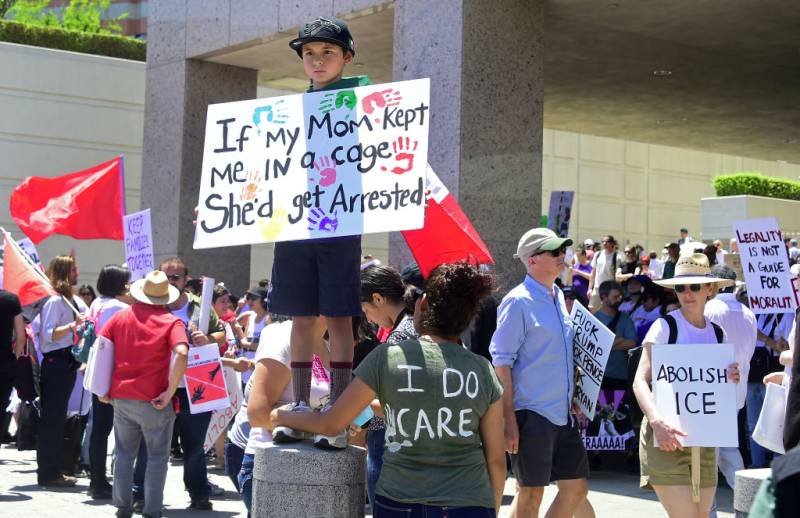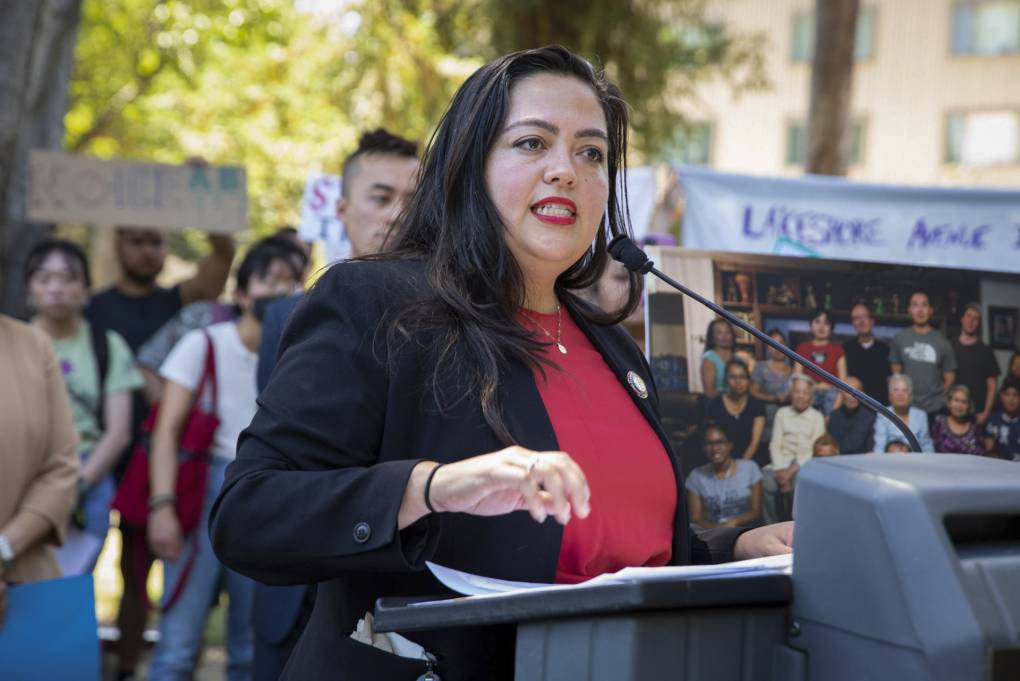Lee Gelernt, lead counsel for the ACLU, said the ban on any future attempts to separate families as a deterrent to illegal immigration was crucial.
“This settlement means that babies and toddlers will finally get to see their parents after years apart and that these suffering families will have an opportunity to seek lawful status,” he said. “Nothing can make these families whole again but this is at least a start.”
Under the settlement, it would still be possible to separate children from parents or guardians, but under limited scenarios, as has been the case for many years. They include if the child is being abused or the parent committed a much more serious crime than crossing the border illegally.
President Joe Biden issued an executive order on his first day in office to reunite families. According to figures released by the Department of Homeland Security in February, 3,881 children were separated from their families from 2017 to 2021. About 74% of those have been reunited with their families: 2,176 before a Biden administration task force was created and 689 afterward.
Hundreds of families sued the federal government, seeking both monetary damages and policy changes.
In 2021, the government was discussing a possible payment of hundreds of thousands of dollars to each parent and child separated under Trump’s policies but talks stalled on that point.
But the proposed settlement provides key benefits including authorization for parents of separated children to come to the U.S. under humanitarian parole for three years and work in the United States. The families receive housing aid for up to a year and medical and behavioral health benefits designed to address some of the trauma associated with the separations.


